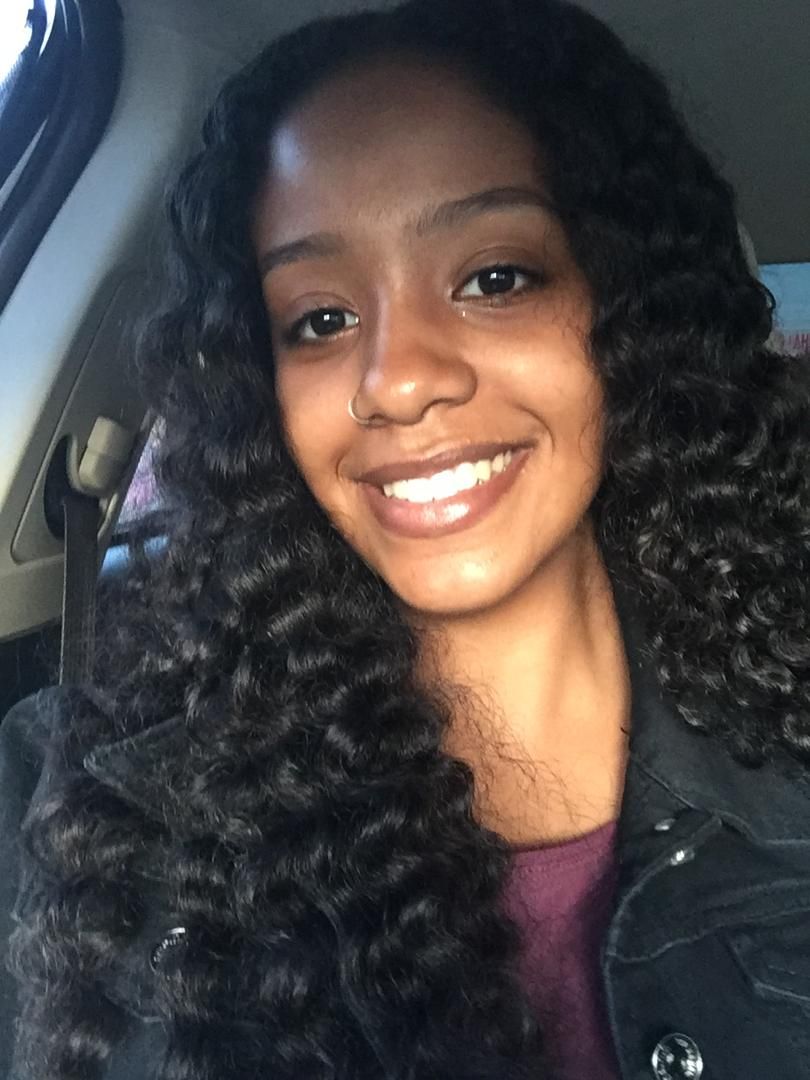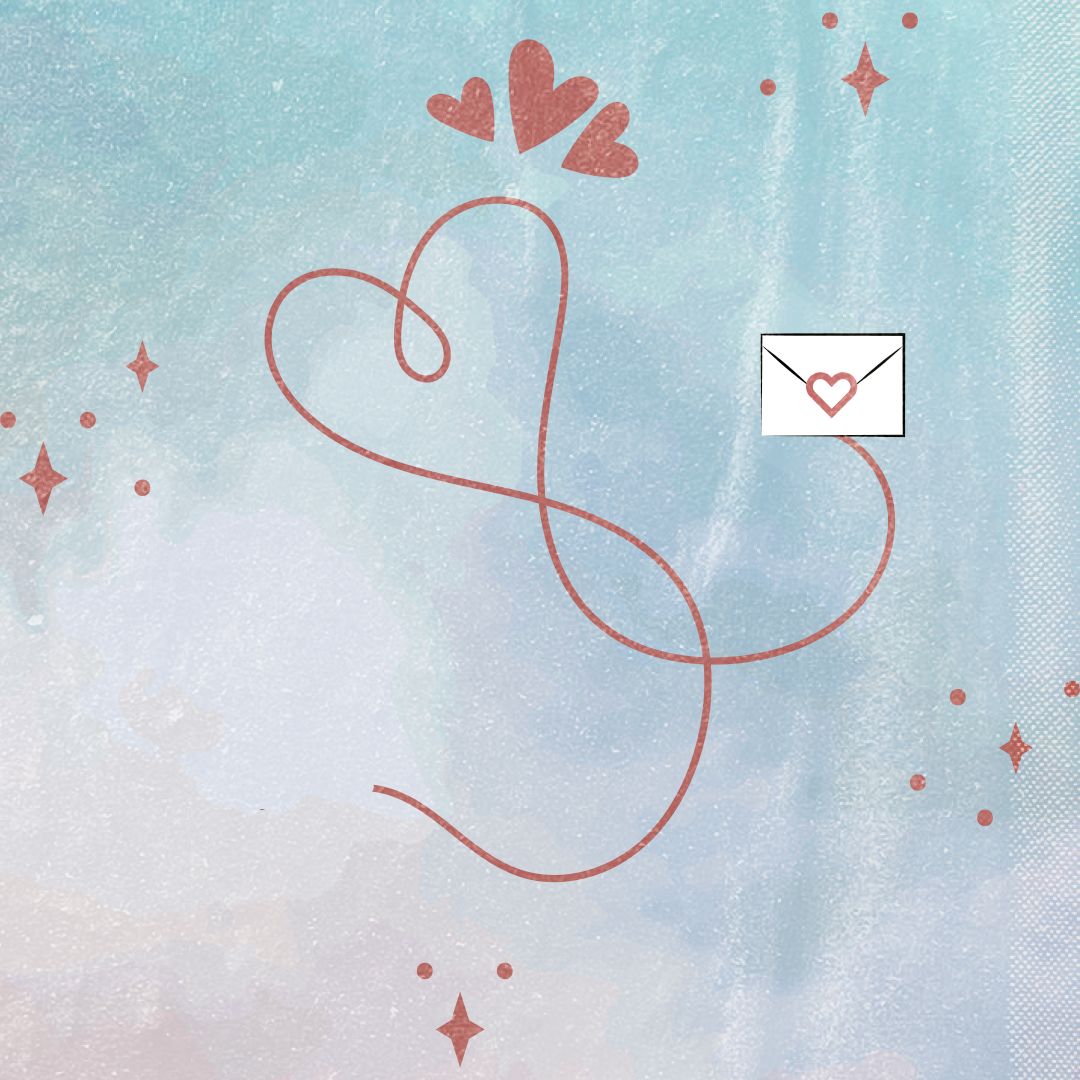
Romance - Illustration by Dahlia Elgali
Dating and Romance in Sudan 2.0
Many years ago, I wrote an article about the dating scene in Sudan where I interviewed two lovely women- whom I remember to this date- who shared their ideas about dating and experiences with me.
4 years later, I have been constantly repeating one question without really arriving at any answers; Where do you meet people?
In this article, I will have a more in-ward approach than in the previous one, where I will reflect on my thoughts, experiences, and ideas around dating and romance. Also, this article is heavily based on conversations with my female and male friends who represent different age groups and collectively had really interesting experiences.
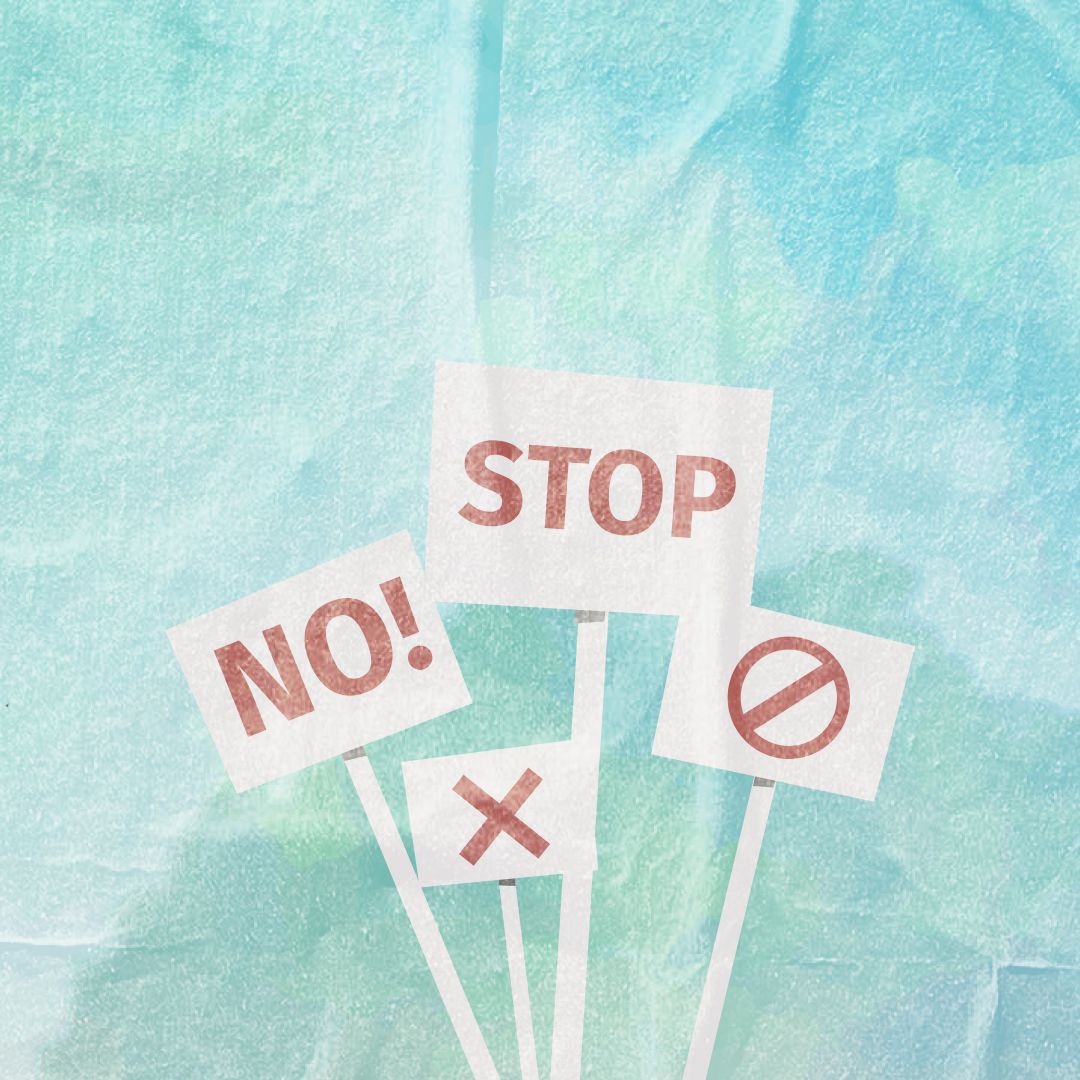
The Taboo Desire - Illustration by Dahlia Elgali
Tricky, Prohibited but Wanted Romance
Dating while in your teenage and early twenties is tricky, while at that specific age, one craves romantic connection, based on my experience and the experiences of those around me, these types of relationships rarely yield any fruits because this is such a transitional age where your perspective in life is shaped.
I once saw a Tiktok, but couldn’t find it to link it, this creator was saying that dating in your early twenties is like putting a filter on your life, because when you are with someone you have to accommodate their ideas, thoughts, and beliefs, which might not necessarily be yours but will influence you. I genuinely believe that for a relationship to work, people have to make some sort of compromise, they might not call it exactly that, but in some way shape or form it is leaving one’s desire for the collective good.
I don’t necessarily think that is a good or a bad thing, it could be both, or either, heavily depending on the perspective of the person. However, at a young age, that isn’t necessarily a positive experience, it does affect the perspective on which you view the world and different things. In my experience, I was heavily influenced by my partner, and while I was still figuring out life, he had his life pretty much figured out because of the age difference between us.
That of course, in itself is subjective, now that I am almost ten years older than the moment that relationship started, I can positively say that life is a continuous cycle of discoveries and development.
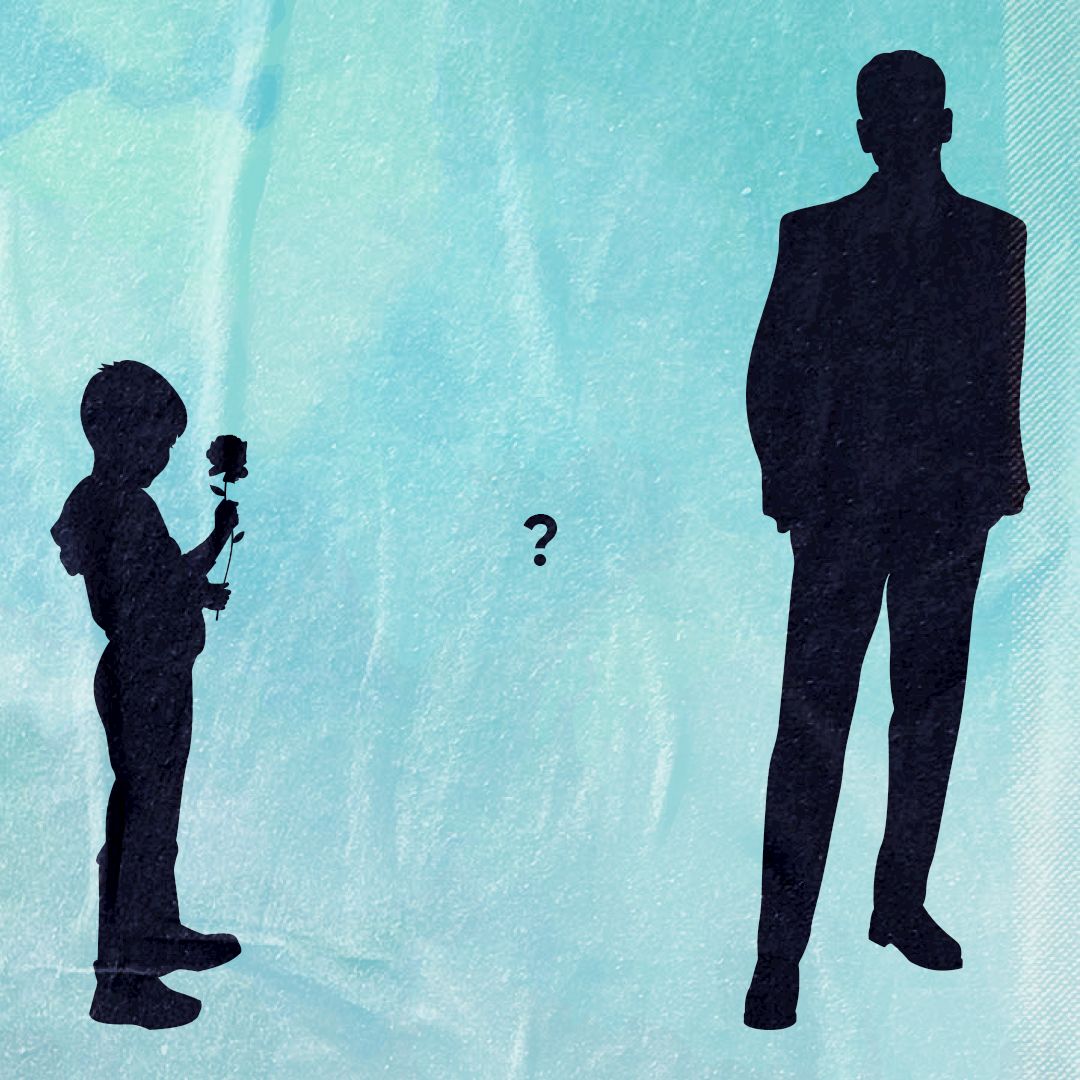
Boy or a Man - Illustration by Dahlia Egali
A Boy or a Man?
In a conversation with my female best friend Sarah (not real name), she was reflecting on her 2-year-old relationship with her university sweetheart. They are both bordering 30, a big milestone in life and have no clue of what their future and the future of their relationship will look like.
After a panic episode, Sarah told me Thuraya, I want a man, not a boy.

The Golden Ratio - Illustration by Dahlia Elgali
The Golden Ration
I’d argue that the grass isn’t any greener on the other side, because I have been with a “man” and it didn’t work for that specific reason, among others of course, so what exactly makes relationships work, because there are plenty of examples of relationships between two people of the same age that are extremely successful, and vice versa.
Why does it seem like only my relationship and Sarah's are being halted by the age difference dilemma? What is the perfect age difference? Is there some sort of an equation to calculate it?
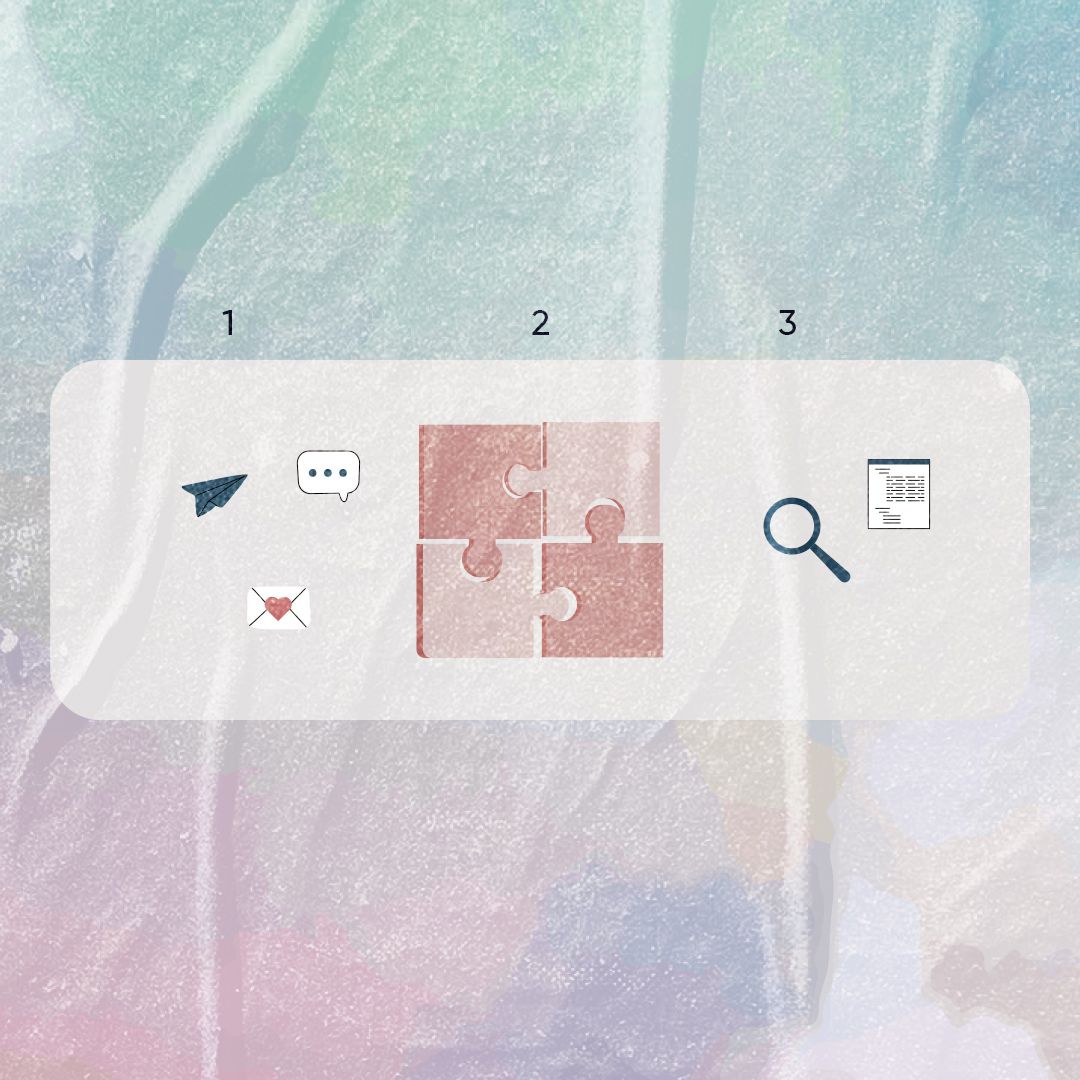
The equation - Illustration by Dahlia Elgali
Other Factors
I am getting convinced by the day that age difference isn’t the cornerstone in the success of a relationship, there are plenty of other factors that contribute to the success of the relationship:
- Communication: as an avoidant person raised by an avoidant parent, it was, and still is, extremely challenging for me to express my feelings and affection towards people. Even worse, I used to expect other people to understand my thoughts and feelings without me communicating them. This in fact is a common mistake among us, and I have seen it a lot among my friends. It is not only about communicating affection or feelings, it is also the ability to clearly and subjectively communicate in times of conflict, and the ability to have and comprehend difficult conversations around life-changing events, opinions and thoughts.
- Compatibility: I used to think that compatibility meant wanting the same things and perhaps being identical in our patterns of thinking and beliefs, it was not until a few years ago that I understood compatibility means the ability to co-exist. Essentially, yes I have my personality, set of beliefs, principles, thoughts, and everything in between, however, I can make room for my partner's personality, beliefs, principles, and thoughts and we can peacefully and respectfully co-exist despite our differences.
- Context: this is a tricky one because usually there are two types of people, the ones who are ready to “fight” for their love, and the ones who believe you can’t do so.
I believe that context is important, to such an extent, some people may look like a perfect match but against all odds might not work out together because of the context in which their relationships existed, such as physical proximity, cultural backgrounds including language, belief, religion and ethnicity, and ambitions. It requires alignment for a relationship to work!
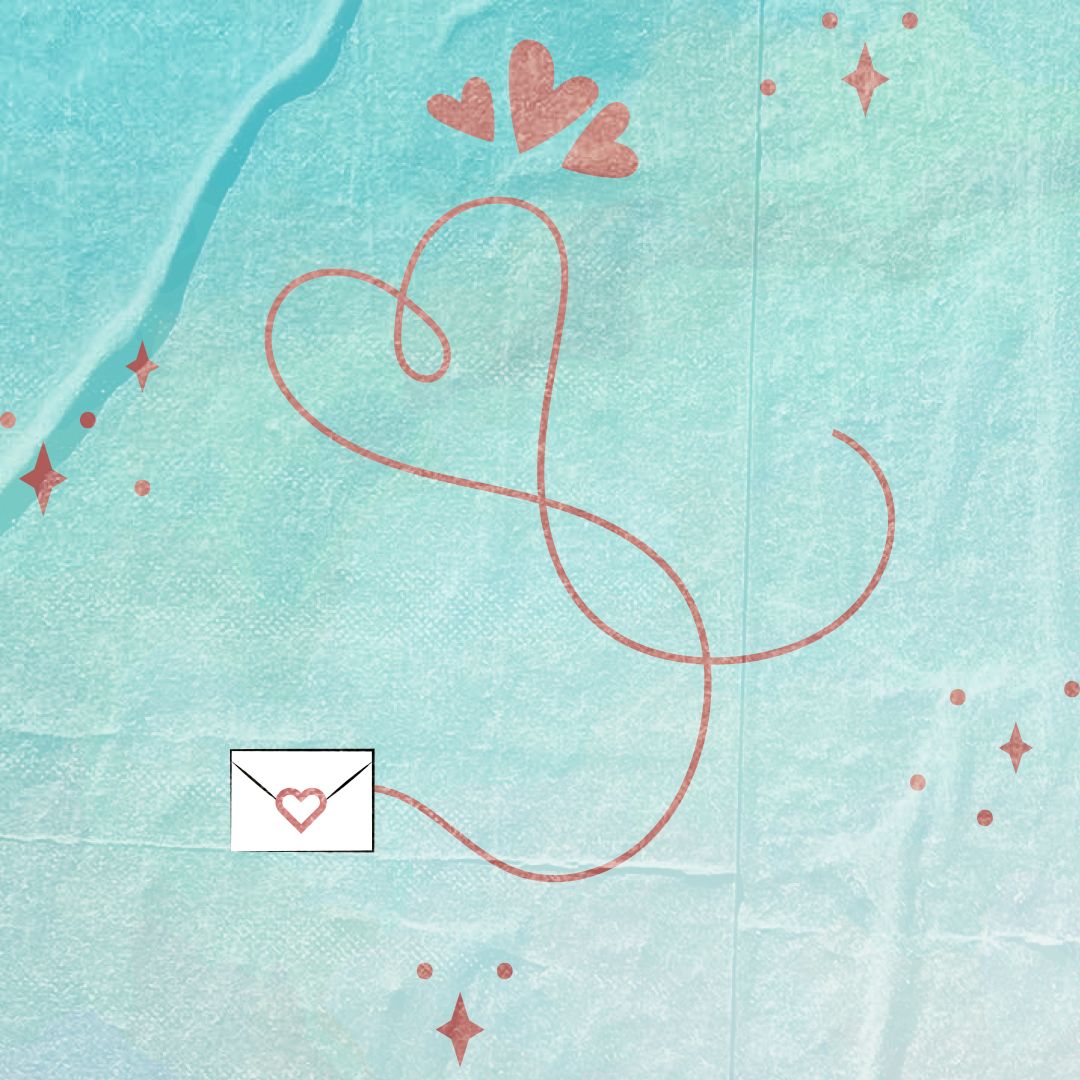
Love letters - Illustration by Dahlia Elgali
How Does Romance Start?
In the classic Sudanese song by Aisha Alfalatiya Balal Tazurni Mara “قلبك جافي، وأنا راضية بيك يا بلال تزورني مرة’ which could roughly translate to “despite your dry heart I am satisfied with you, please do visit me oh dear one”.
In the mainstream central culture in Sudan, men are expected to be the opposite of romantic, they should be tough, dry and not show any sort of affection, as these are the features of manhood.
In a conversation with my friend Yassir (not real name), he told me that in the men's communities, a man could show affection towards his wife in their early marriage days, but after a couple of months if he still displays public affection towards his wife society will start judging him.
In a conversation with another friend, this time a much younger one, Ahmed (not real name) told me that romance should always start from the male side, he said “Women should give signals but not take the first step ever, this should always start from the man”.
So if men are not expecting us, or do not want us to take the first step, nor is it culturally appropriate for them to be romantic, how will romance start?
Looking at most of the Sudanese classical poetry and songs, it is pretty much a pattern that females are romantic individuals, while men only show affection when they are separated from their loved ones! Of course, there are some deviations from this.
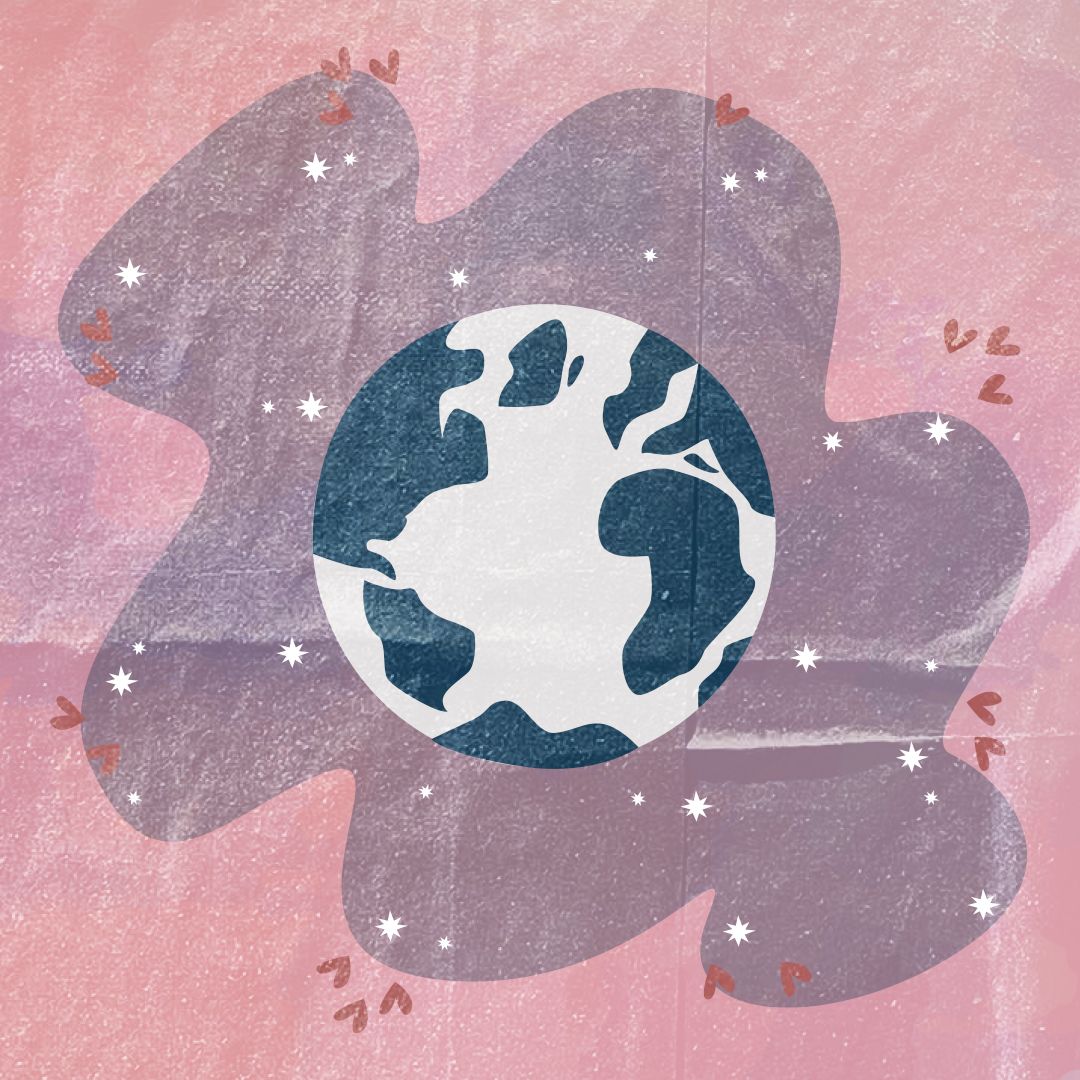
A Diverse World - Illustration by Dahlia Elgali
Cultural Differences
While sitting in a hospital lobby in 'Almarai', sans-serif !important with my mom, and after several couples walked past us locking fingers or holding hands, mama commented “If they were Sudanese men they would walk five feet ahead of their partners”. And that is absolutely true, in Khartoum it wasn’t a common scene to see couples walking hand in hand in the streets or public spaces, that perhaps is the inheritance of 30 years of Islamist rule.
While in its Northern approximate, public display of affection is a normal and socially accepted thing. I also think social media plays a huge role in shifting societal beliefs and norms, the more we see something the more it becomes normalized, while in Khartoum it was rare to see people displaying affection in public, unless in very specific places and among certain groups, now it is very common to see Sudanese couples who are displaying affection on social media or in public here in 'Almarai', sans-serif !important and other cities around the globe.
This leads me to another set of questions, are Sudanese men becoming more romantic because of exposure to different cultures either through direct lived experiences or through media? My friend Ahmed believes there’s a campaign to “feminize” men; according to him, this whole psychological awakening journey and allowing people to feel their feelings and express them is just a campaign to make men more feminine.
My personal opinion is there’s nothing wrong with displaying emotions and vulnerability in a relationship/partnership context by either party, I do not think it makes the man less manly if he is vulnerable, isn’t this the whole point of having a partner in the first place?
But for sure it is up to the partners themselves to identify the parameters and dynamics of their relationship, there should be no format or mold that people just squeeze themselves into.
My friend, Yassir, had a different observation, that women read feminists are leaning more towards and adopting a new narrative of feminine vs masculine energy, but doesn't that take us back to the basic gender roles? If that is the case does that mean we had to go a full circle around the sun to arrive at the same location we started from?
All of that also leads to a different set of questions, how do our past experiences and childhood traumas appear in our adult relationships and identify our identities and ideas concerning relationships and romance?
This is what John Bowlby investigated in his attachment theory work which yielded the very famous attachment styles that everyone, except my friend Yassir, knows. According to Yassir, this is just bullshit, Ahmed also agrees with him on the part that not everything is based on our childhood experiences and that this is just the West trying to convince us that we had miserable childhoods and thus we are “broken”, while our parents and the generations that came before had much more rough childhood experiences than we did and they turned out to be decent people… the question here is did they?
Not to deviate from the main topic, romance, it is important to acknowledge that human relationships are very complicated, this is the sum I arrive at every time I discuss this topic with anyone. And there are very different variables that rule these relationships.
Lastly, and I will leave you with this question, is romance important for the success of a relationship? I personally don’t think so, although I have resisted this confession for a very long time, I believe other variables are far more important such as the three mentioned above.
Yassir implied, although not directly, that he believes the same, while Ahmed thinks that love is important but let’s not overcomplicate it! Sarah on the other hand thinks that love is important and no relationship could be successful without romantic love.
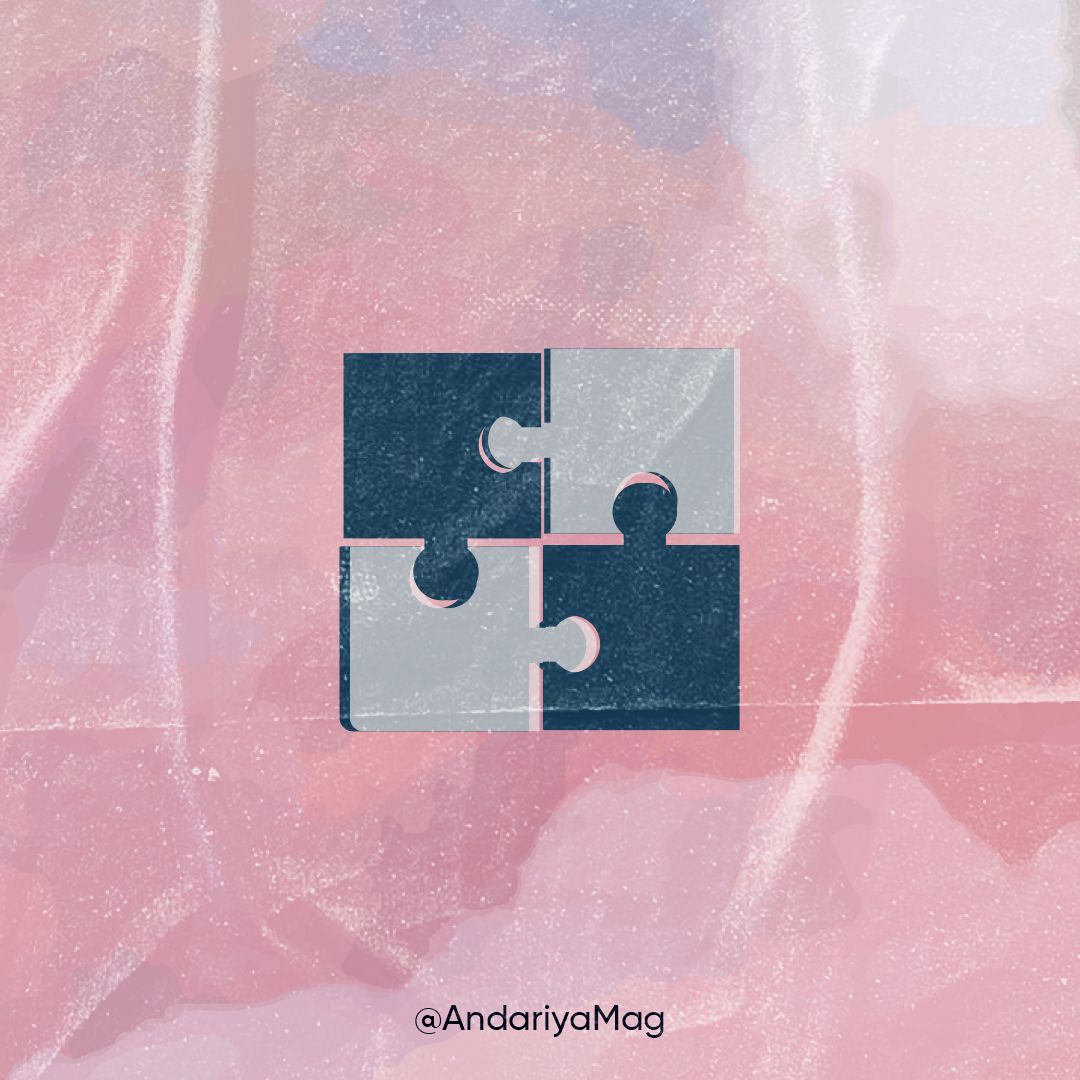 Pieces of the puzzle - Illustration by Dahlia Elgali
Pieces of the puzzle - Illustration by Dahlia Elgali
Conclusion
I know this essay imposed a lot of questions without answering any, and that is exactly the purpose of it. It started with me complaining and asking the very first question "Where do you meet people" in an attempt to answer that question a lot of question marks faced me on the way.
Despite not arriving at any answer at the moment, I and the people interviewed know what our stances are, however, this journey opened my eyes to different things, and I really hope that it is also useful to you. It might be common sense to others but that is also okay!
